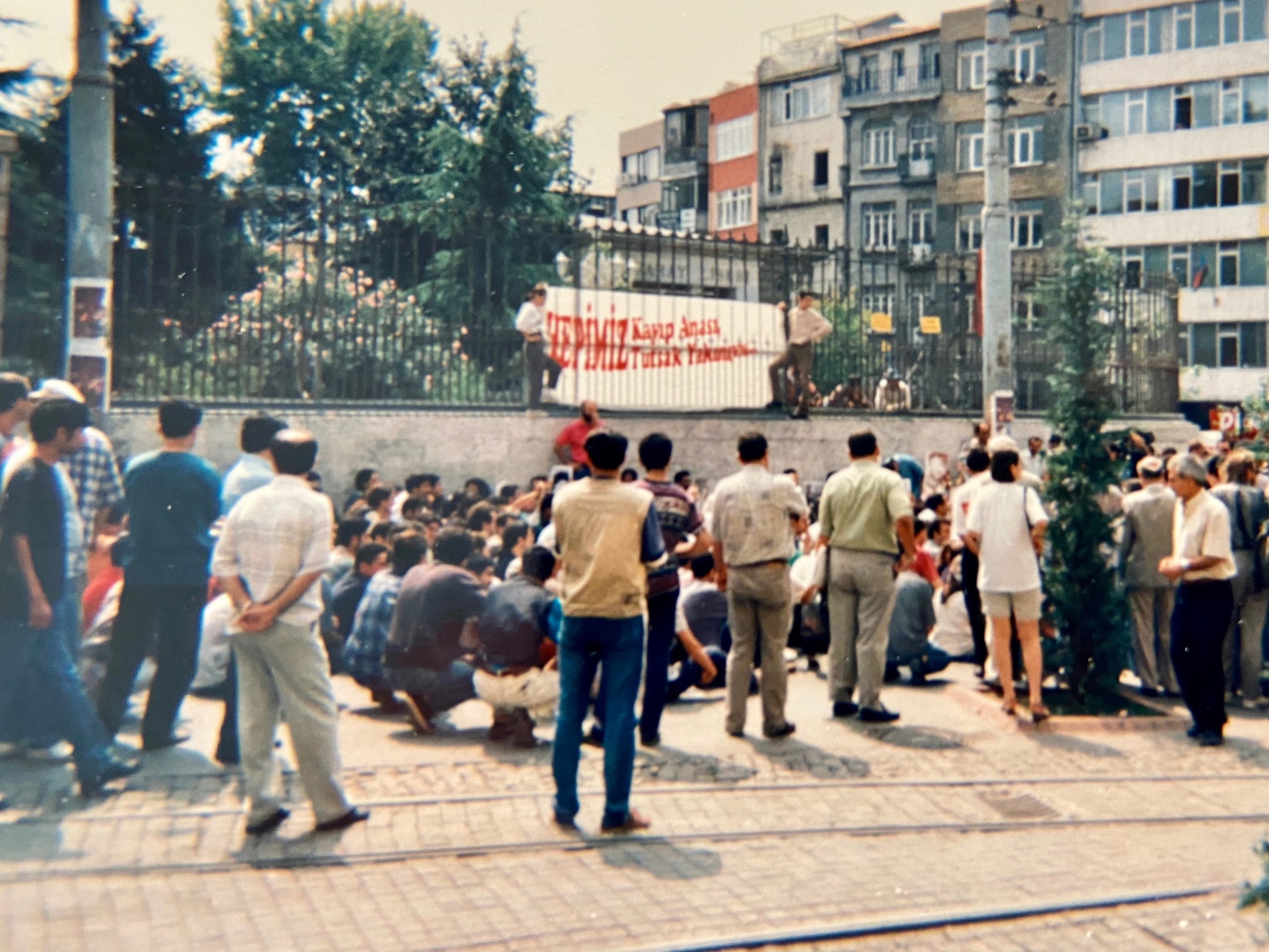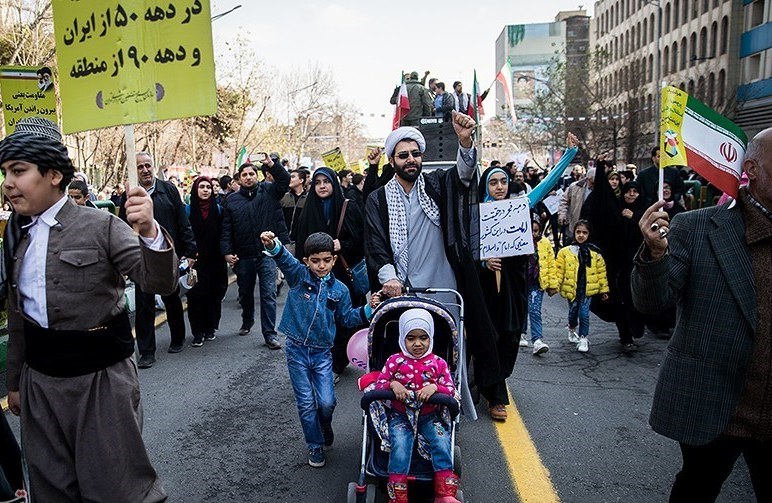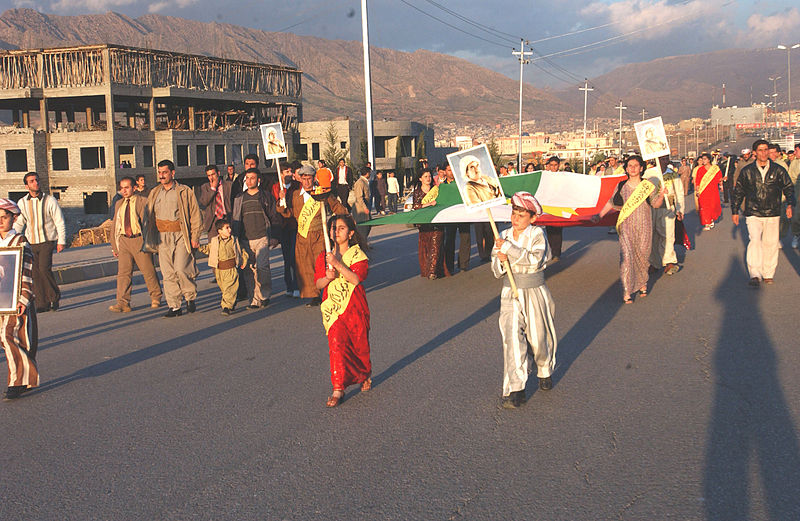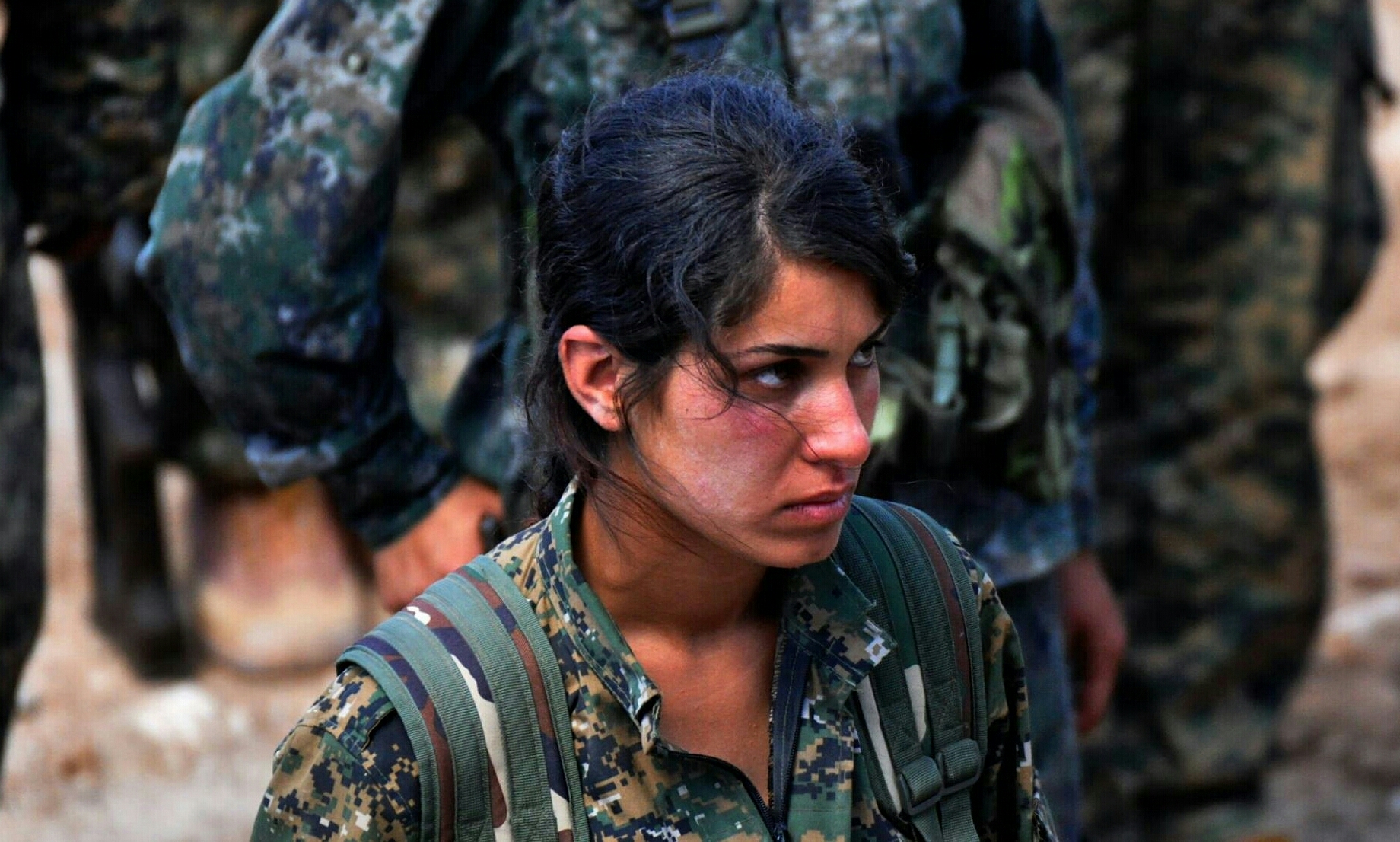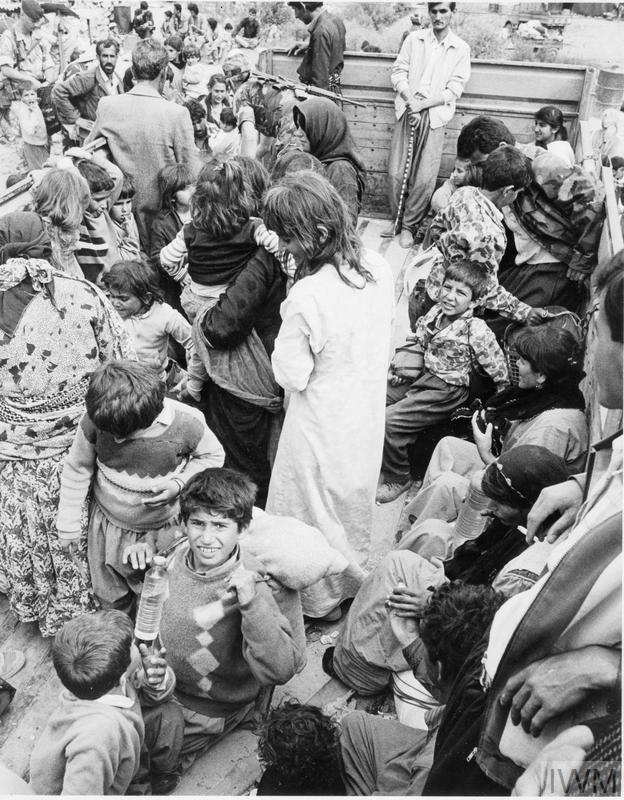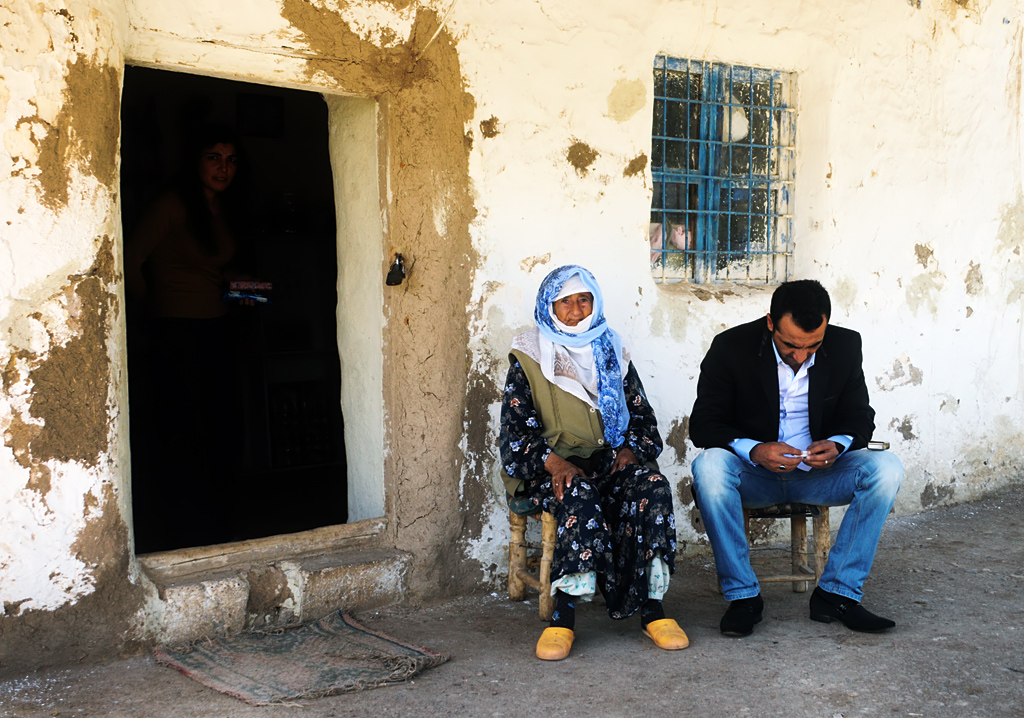-
The Kurds have faced persecution and assimilationist policies for centuries.
-
Divided between four states, they have experienced repression that has lasted from the time of the empires until today.
-
The story of their persecution is a complicated tale of the struggle for identity, autonomy and human rights.
Historical persecution: the Ottoman Empire and Persia
Under the rule of the Ottoman Empire and Persia, the Kurds often found themselves at the intersection of the two powers’ interests. In the 16th century, as the Ottomans and Safavids competed for dominance over the Middle East, the Kurds were forced to be loyal to one of these parties, leading to many local conflicts and repression. Under Ottoman rule, the Kurds initially had relatively broad autonomy and the ability to govern their own lands. However, in the 19th century, with attempts to centralize the state, the Ottoman Empire sought to reduce Kurdish autonomy, leading to rebellions and uprisings, brutally suppressed by the Sultan’s army. Although not mass persecution, these tensions became one of the cornerstones of the Kurds’ push for autonomy, which continued even after the empire’s collapse.
Operations Provide Comfort and Provide Comfort II were military operations initiated by the United States and other coalition countries during the Gulf War. Launched in April 1991, their purpose was to defend Kurdish refugees leaving their homes in northern Iraq after the Gulf War, as well as to provide them with humanitarian aid.
20th century: New borders, new persecution
After World War I and the collapse of the Ottoman Empire, the 1920 Treaty of Sèvres provided for the possibility of an independent Kurdistan. Unfortunately, the treaty never entered into force, and the new borders drawn by the Treaty of Lausanne in 1923 left the Kurds without a state, divided between Turkey, Iran, Iraq and Syria.
In Turkey, assimilationist policies toward the Kurds were particularly intense. The Turkish government, seeking to create a unified nation-state, banned the use of the Kurdish language and erased Kurdish identity from public space. It even introduced the term “Turkish Highlander” to cut the Kurds off from their ethnic roots. Numerous Kurdish uprisings, such as Sheikh Said’s uprising in 1925, were brutally suppressed, and Kurds were often subjected to mass repression and displacement. For decades, the situation for Kurds in Turkey was tense, and any attempt to seek autonomy was met with repression. In the late 1970s and early 1980s, the Kurdistan Workers’ Party (PKK) was founded and launched an armed struggle for autonomy for the Kurds. The conflict between the PKK and the Turkish government has led to brutal repression by the army, the destruction of many villages, and the displacement of millions of Kurds in the southeastern Turkish region.
In Iran, the Kurds have also been subjected to repression, especially after the establishment of the Islamic Republic in 1979. Although earlier attempts at Kurdish autonomy, such as the short-lived Mahabad Republic in 1946, had their place, they were quickly destroyed by the Iranian military. To this day, the Iranian authorities treat the Kurds as a threat to the integrity of the state, and any Kurdish national movement is severely suppressed. Kurdish activists and leaders often fall victim to persecution, and organizations fighting for Kurdish rights are regularly smashed by the authorities. In Iran, as in Turkey, Kurdish culture has been marginalized, and Kurdish aspirations for autonomy have been considered a threat to public order.
The history of the persecution of the Kurds in Iraq is one of the most dramatic. In the 1980s, Saddam Hussein’s government conducted the “Al-Anfal” campaign, targeting Kurds in northern Iraq. The campaign included massive ethnic cleansing, chemical bombing and brutal repression, resulting in the deaths of tens of thousands of Kurds. The most notorious case was the use of chemical weapons on the city of Halabja in 1988, where more than 5,000 civilians were killed. After the end of the Gulf War in 1991, the Kurds gained some level of autonomy thanks to international support. Nonetheless, their situation was difficult, and their attempts at full independence are still subject to tensions with the Iraqi government today.
In Syria, Kurds have been considered second-class citizens for years. In the 1960s, the government revoked the citizenship of tens of thousands of Kurds, depriving them of basic rights. Kurdish culture and language were systematically suppressed, and any expression of Kurdish identity was treated as an expression of separatism. The situation of the Kurds changed somewhat after the outbreak of the civil war in 2011, when they managed to take control of the northern areas of Syria, creating Rojava, an autonomous enclave. However, fighting and conflicts with various forces in Syria and external interventions, including Turkish offensives, make their situation unstable and their autonomous structures under threat.
Contemporary persecution and the international situation
Mimo pewnych zdobyczy, Kurdowie wciąż spotykają się z represjami w każdym z państw, które zamieszkują.
W Turcji walka z Partią Pracujących Kurdystanu trwa, a władze stosują ostrą politykę wobec kurdyjskich polityków i aktywistów.
W Iranie Kurdowie nadal są prześladowani, a ich przywódcy często trafiają do więzienia lub są eliminowani.
W Iraku autonomia Kurdystanu jest względna i zależna od sytuacji politycznej oraz stosunków z rządem centralnym, który wielokrotnie próbował ograniczać ich suwerenność.
Kurdowie, mimo braku własnego państwa, są zdecydowani walczyć o swoje prawa i autonomię. Organizują się politycznie i społecznie, prowadzą działalność na arenie międzynarodowej, próbując zyskać wsparcie dla swoich dążeń. Niestety, podzieleni między kilka krajów, zmagają się z politycznymi interesami tych państw, które wciąż widzą w nich zagrożenie dla swoich granic i stabilności.
The Kurds’ aspirations for full rights and autonomy remain. Their story is not only a tale of persecution, but also one of perseverance and striving to preserve their identity. In the face of harsh conditions, the Kurds have built a strong culture and social structure that allows them to fight for their rights and dignity. The persecution of the Kurds is a reminder of the complexity of nationality issues and how difficult it is to survive without a state of one’s own in a politically divided world. For the Kurds, the history of persecution is not just about the past – it is also a contemporary struggle that takes place in the Middle East every day.
Graphic sources:
- MikaelF, CC BY-SA 4.0 <https://creativecommons.org/licenses/by-sa/4.0>, via Wikimedia Commons
- Tasnim News Agency, CC BY 4.0 <https://creativecommons.org/licenses/by/4.0>, via Wikimedia Commons
- BijiKurdistan, CC BY 2.0 <https://creativecommons.org/licenses/by/2.0>, via Wikimedia Commons
- Dûrzan cîrano, CC BY-SA 3.0 <https://creativecommons.org/licenses/by-sa/3.0>, via Wikimedia Commons
